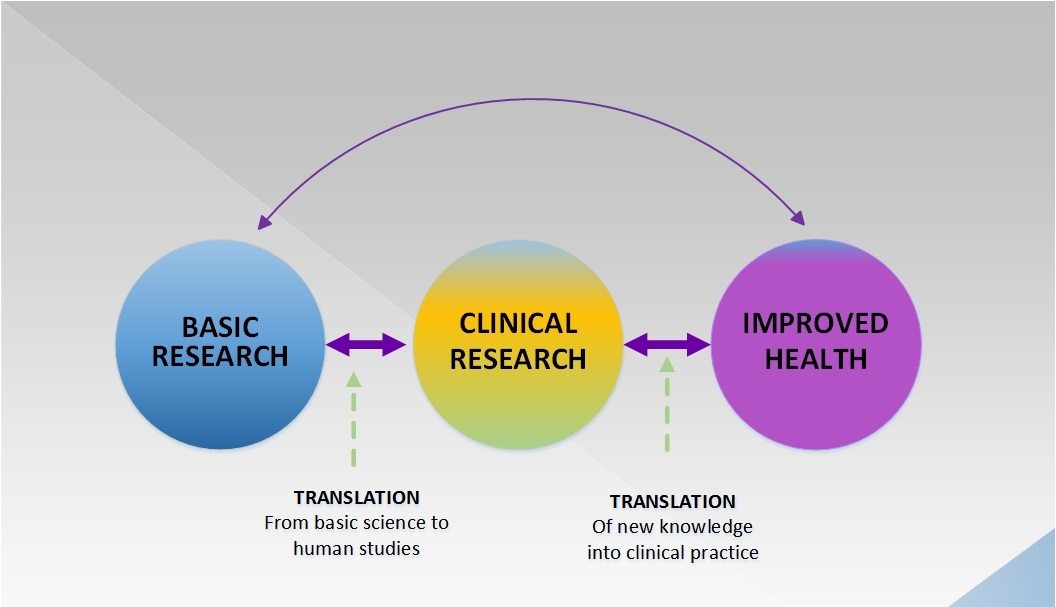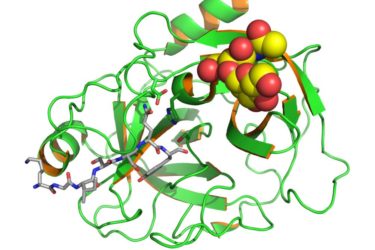Category: Clinical Trials
Homeopathy and Sepsis
It had once been suggested in the comments section of the blog that homeopathy is useful in the treatment of diseases that are not self limited. Homeopathy is effective therapy for diseases that do not get better on their own, that homeopathy has a real effect on real diseases. One example given was for the treatment of sepsis. “Frass M, Linkesch, M,...
Homeocracy 3
The previous post of this series analyzed the results of the 1994 Pediatrics paper purporting to show a statistically significant effect of homeopathic preparations on acute childhood diarrhea in a population in Nicaragua. That clinical trial followed a pilot study that also had shown a small but statistically significant effect of homeopathic remedies. A moment here for explanation as to why I am...
Re-evaluating Home Monitoring for Diabetes: Science-Based Medicine at Work
There is no question that patients on insulin benefit from home monitoring. They need to adjust their insulin dose based on their blood glucose readings to avoid ketoacidosis or insulin shock. But what about patients with non-insulin dependent diabetes, those who are being treated with diet and lifestyle changes or oral medication? Do they benefit from home monitoring? Does it improve their...
Threats to science-based medicine: Big pharma pays a publisher to produce a fake journal
It’s times like these when I’m happy that I haven’t published in too many Elsevier Journals during the course of my career. Actually, I’m not sure if I’ve ever published in an Elsevier journal, although I have reviewed manuscripts for them. In any case, I say that because on Thursday, it was revealed that pharmaceutical company Merck, Sharp & Dohme paid Elsevier...
Homeocracy II
This is the second installment analysis of a three (and now 4) part series of articles on effects of homeopathy on childhood diarrhea. This second installment elaborates on our findings on data from the second clinical trial in Nicaragua. (1) I should first explain the title. In order for homeopathy to operate as a base or operating system for medicine “for the 21st...
Acupuncture for IVF Revisited – More Tooth Fairy Science?
I read this Reuters Health article on MedlinePlus, and then I read the study the article referred to (The impact of acupuncture on in vitro fertilization) and now my head hurts. The study found that acupuncture was not effective in increasing the pregnancy rate (PR) during in vitro fertilization (IVF). As quoted on MedlinePlus, the lead author, Alice Domar, seems to blame her patients...

Human subjects protections and research ethics: Where the rubber hits the road for science-based medicine
Although clinical trials are science, they often can't be controlled as well as experiments in most branches of science. The reason is that the experimental subjects are human, and ethics demands that risks and harms be minimized and benefits maximized.
Mathematically modeling why quackery persists
It’s often puzzled me (and, I daresay, many other skeptics and boosters of science- and evidence-based medicine) why various forms of quackery and woo that have either about as close to zero prior probability as you can get and/or have failed to show evidence greater than placebo in clinical trials manage to retain so much traction among the public. Think homeopathy. Think...
Homeocracy
Recent comments on homeopathy again resulted in references to the 1994 Pediatrics paper by Jacobs et al on use of homeopathic remedies for childhood diarrhrea. The authors of that paper concluded from their blinded study that homeopathic remedies, tailored to the individual infants and children, were effective in reducing the number of diarrhea stools and thus in shortening the illness. The paper...

PSA – To Screen or Not to Screen
Is the prostate specific antigen (PSA) test worth taking? It's, like, really complicated.

